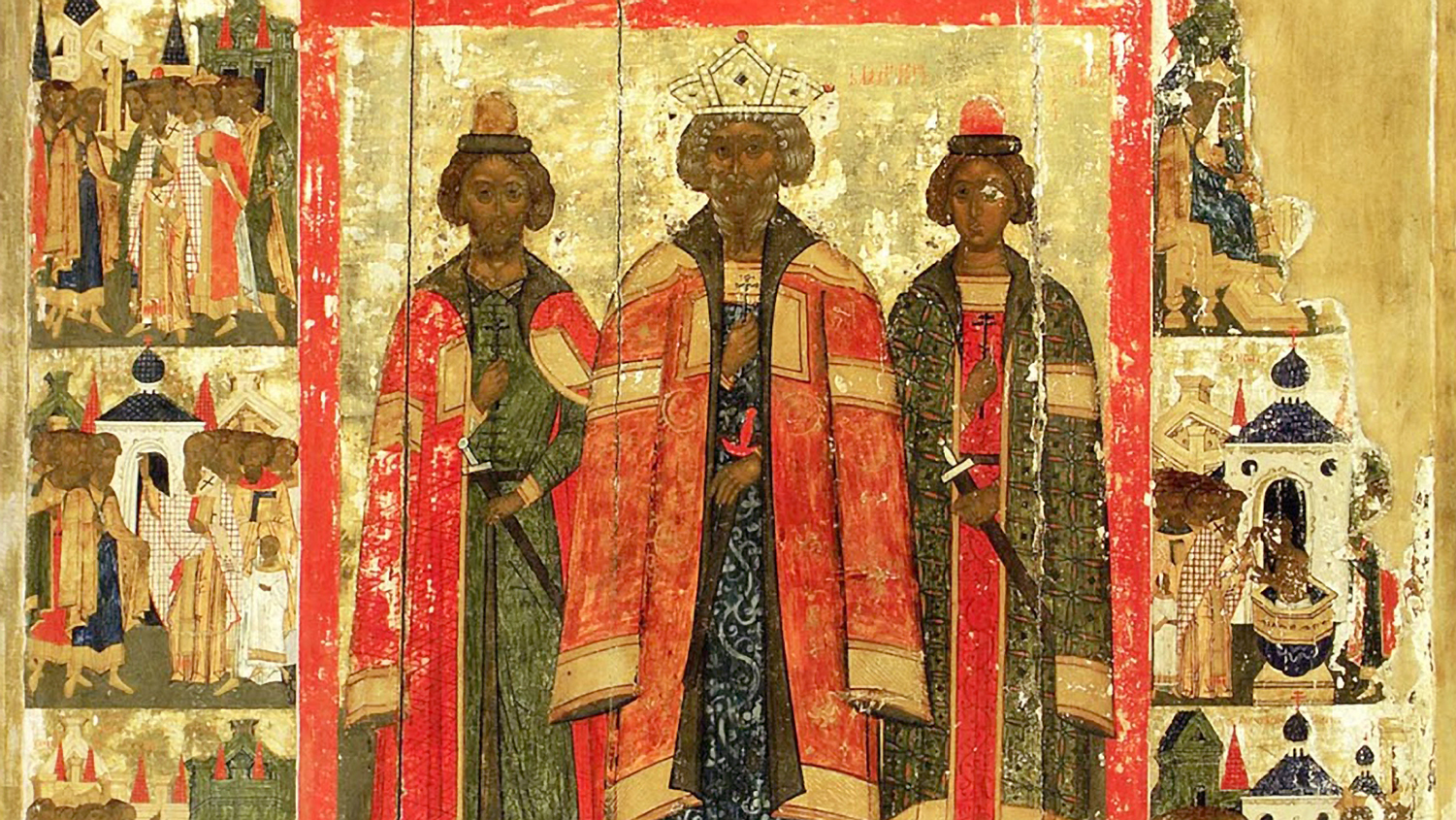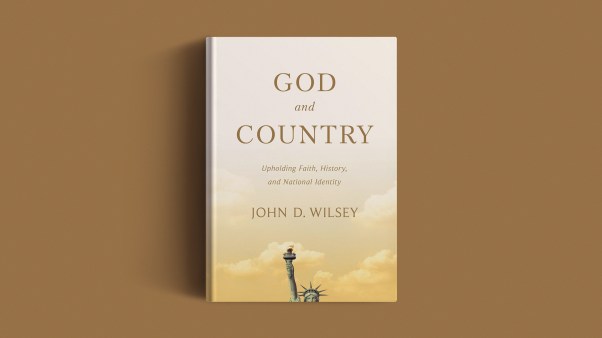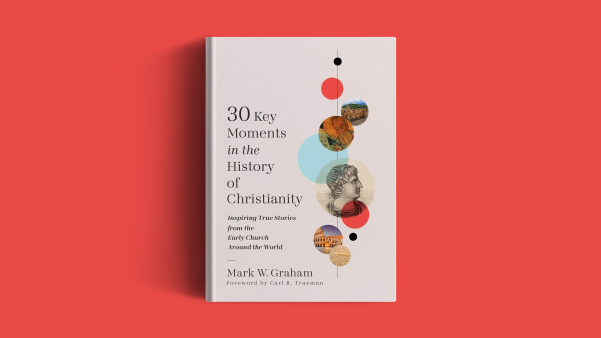In 1988 the Christian world celebrated the thousand-year anniversary of Christianity in Russia. Although 988 was indeed a pivotal year for Russian Christians, it isn’t quite accurate to describe it as the birth year of Christianity there.
Christianity had, in fact, penetrated “Russia” by the early 900s, when at least one church had been built in the ancient city of Kiev. In the 950s, Olga, the grandmother of Vladimir, was baptized. She asked German king Otto I to send missionaries to her country, but apparently they met little success.
Olga’s grandson Vladimir practiced the old religion. He built a number of pagan temples and was renowned for his cruelty and treachery. Vladimir had eight hundred concubines and several wives, and he spent his non-warring time in hunting and feasting. He hardly seemed the person to spread Christianity among the Ukrainians.
Shopping for a Church
Vladimir apparently wanted to unite the people under one religion, so around 988 he sent envoys to examine the major religions. The options? Islam, Judaism, the Catholic Christianity of Western Europe, and the Orthodox Christianity of Eastern Europe (though as yet, there was no official break between the Orthodox and Catholic Christians).
The story of Vladimir’s choosing Orthodox Christianity is part legend, part fact. According to the tradition, Vladimir didn’t like the dietary restrictions of Islam and Judaism. Catholic Christianity was all right, but what impressed the grand prince was the dazzling worship his ambassadors described seeing in the great Cathedral of Hagia Sophia in Constantinople: “We knew not whether we were in heaven or on earth, for surely there is no such splendor or beauty anywhere upon earth. We cannot describe it to you. Only we know that God dwells there among men, and that their service surpasses the worship of all other places. We cannot forget that beauty.”
So Vladimir opted for Orthodoxy because of its beautiful worship. The name of Vladimir’s chosen religion was, in fact, Pravoslavie, a word which meant “true worship” or “right glory.” Orthodoxy was also the religion of the most powerful, wealthy, and civilized of Russia’s border nations, the Byzantine Empire. And if Vladimir was impressed by Orthodoxy’s beauty, he also was impressed by another beauty: Anna, sister of Byzantine emperors Basil II and Constantine, who offered her to Vladimir as a bride with the condition that he be baptized.
In 988 Vladimir was baptized. In 989 he married Anna. Neither act was a sign that he was submitting to the authority—religious or political—of the Byzantine Empire. Though it adopted the Byzantine religion, the “Russian” church has always been independent.
Forging a National Church
Significant for church history, Vladimir then ordered all the inhabitants of Kiev to appear at the Dnieper River for baptism or be considered enemies of the kingdom. This doesn’t mean that the Slavic nation became a Christian society overnight. But with the help of monks, always a prime force in Eastern Orthodox Christianity, the new religion began to make its influence felt.
As for Vladimir himself, his lifestyle was clearly affected. When he married Anna, he put away his five former wives. Not only did he build churches, he also destroyed idols, abolished the death penalty, protected the poor, established schools, and managed to live in peace with neighboring nations. On his deathbed he gave all his possessions to the poor.
Centuries later, when Moscow, not Kiev, was the capital of Russia, Russian Orthodoxy had become such a force that Moscow considered itself the Third Rome, the new capital of a Christian empire. Vladimir didn’t know it, but by embracing Christianity he was paving the way for a Russian republic described by one writer as “among the ‘most Christian’ nations in the world—a land with a rich, age-old history of churches and monasteries, the wellspring of numerous revered saints and martyrs, with a cherished and abundant legacy of sacred music, iconography, and spiritual literature.”
Yet the Russian Orthodox Church became so closely aligned with the tsarist regimes that it was largely unprepared for the Bolshevik Revolution in 1917. Since then, the church has suffered greatly, but it continues to survive. The tale of the church that traces its roots to Prince Vladimir is not yet finished.
Copyright © 1990 by the author or Christianity Today/Christian History magazine. Click here for reprint information on Christian History.











